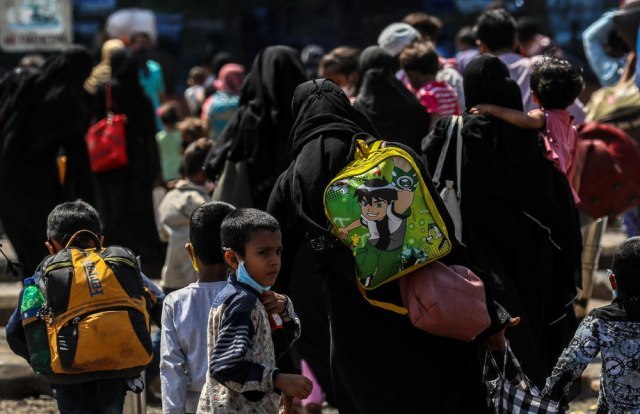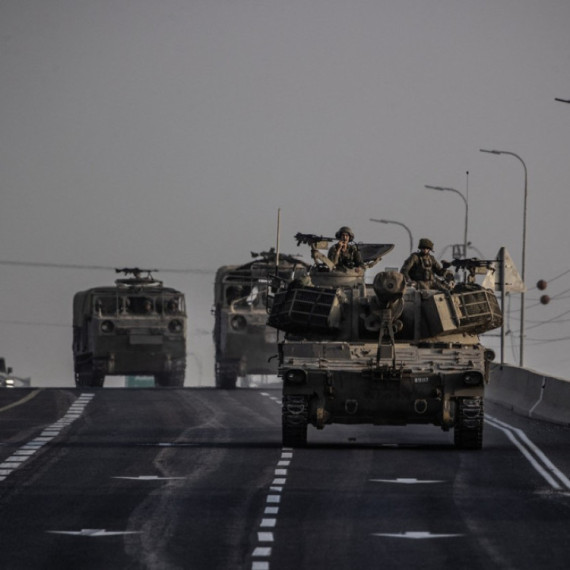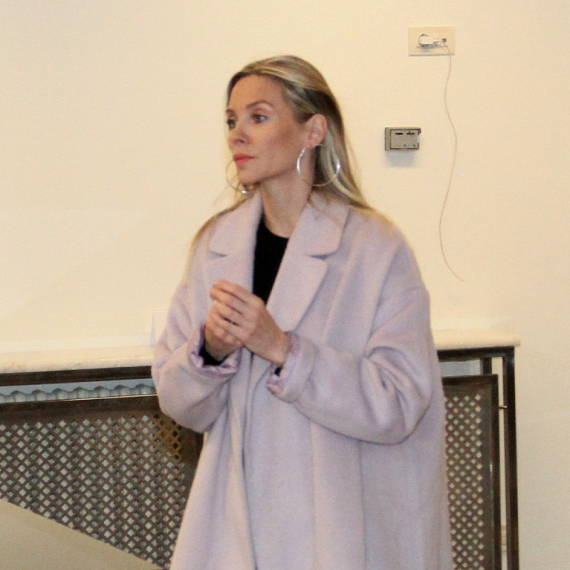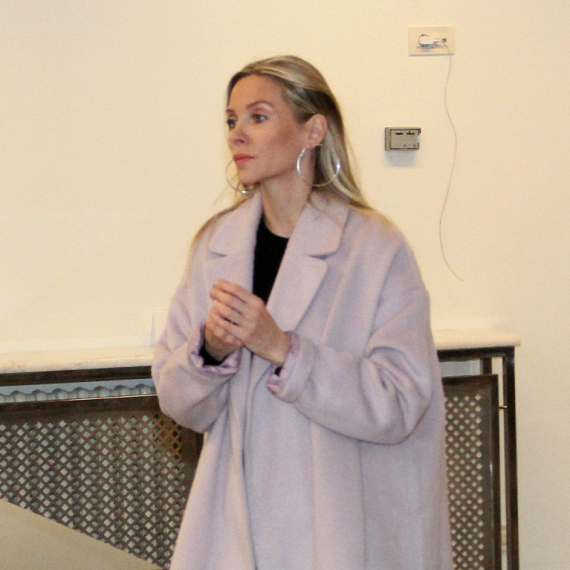"The greatest migration in history - there have never been so many refugees"
World Refugee Day (June 20) is celebrated ritually. Although the numbers are alarming - there've never been so many refugees, fewer return to their homelands
Saturday, 20.06.2020.
10:14

"The greatest migration in history - there have never been so many refugees"
"This reveals political failure on a global scale", DW journalist Matthias von Hein wrote.Every hundredth inhabitant of the world have had to drop everything, gather their necessities and flee from persecution, war and violence, and other violations of the most fundamental rights. And more than half are children.
Nearly 80 million people — about 1% of the global population - are refugees or displaced persons, the UN Refugee Agency (UNHCR) published these sobering numbers to mark World Refugee Day. There are nearly 10 million more refugees now than there were last year — the highest number ever recorded.
"These cold numbers not only offer a sad reflection of human tragedy; they also reveal political failure on a global scale", Matthias von Hein reports.
The global arms trade is growing and fueling conflict around the world. Wealth inequality is forcing millions into poverty, destroying their very livelihoods.
Climate change and its attendant rising temperatures continue, even as world leaders focus on the coronavirus pandemic for now, and eventually will force millions more to flee.
Sanctions make an already miserable situation worse. They may be directed at the elite, but they hit society as a whole. According to the UNHCR report, most of the people fleeing are from Syria and Venezuela. Both countries are struggling under the heavy yoke of international sanctions. On Wednesday, the United States announced yet another tightening of its sanctions on Syria. Prices for food shot up significantly before the sanctions were officially announced. Now, starvation has begun to spread across swaths of land where the fighting has finished.
One detail pointed out by UN High Commissioner for Refugees Filippo Grandi might offer a partial explanation for the increase: The number of displaced people who return home has been steadily dropping for the past several years. It is estimated that roughly 1.5 million refugees returned to their home countries each year in the 1990s; now, fewer than 400,000 do so annually.
This is the 20th year that the UNHCR has released its report in recognition of World Refugee Day. The event feels like a ritual of sorts. It gives the United Nations a chance to shine a focus on the people in the most desperate need of immediate assistance.
At the time of the coronavirus pandemic, all these problems fell into the background. From day to day, we follow the numbers that illustrate the pandemic, we discuss the obligation to wear masks and the rules on social distancing. An agreement was also reached on large-scale programs for economic revival in industrialized countries.
This shows what can be achieved by decisive political action. Why is it not like that when it comes to refugees? Which is otherwise particularly hard hit by the epidemic.
The UN report clearly emphasizes that Germany has done a lot for refugees. With about 1.1 million refugees accepted, Germany ranks fifth in the world. But the fact that in the meantime, the largest opposition party in the Bundestag is the right-wing Alternative for Germany, shows that the readiness to accept refugees has limits and reveals the political gap that demagogues are deepening.
Ever fewer refugees are arriving in Germany: In May, the number of asylum applications filed fell to 3,777. There were only 50,000 in the first five months of 2020. That has a lot to do with border closings within the European Union during the coronavirus pandemic. Much more than that, however, it is a result of ever-higher walls along the edges of fortress Europe. As a consequence, the Mediterranean Sea has been transformed into a grisly moat that makes a mockery of Sunday sermons that espouse European values.
Another thing made clear in the report is that half of the people who have been uprooted are refugees within their own nations. Of those who leave, about three-quarters remain in a neighboring country. Turkey and Colombia are, respectively, Nos. 1 and 2 worldwide for taking in refugees. One must acknowledge that humanitarian service, even if Turkey's government misuses refugees as leverage in its dealings with the European Union.
"The EU can and must do much more to get help to displaced people — even those who have not reached the bloc. The UNHCR report states that 80% of refugees are living in regions with critical food security issues. We must endeavor to give displaced people the most important thing of all: long-term prospects. That would be expensive, but it would be well worth the investment", Matthias von Hein concludes.



























































Komentari 3
Pogledaj komentare